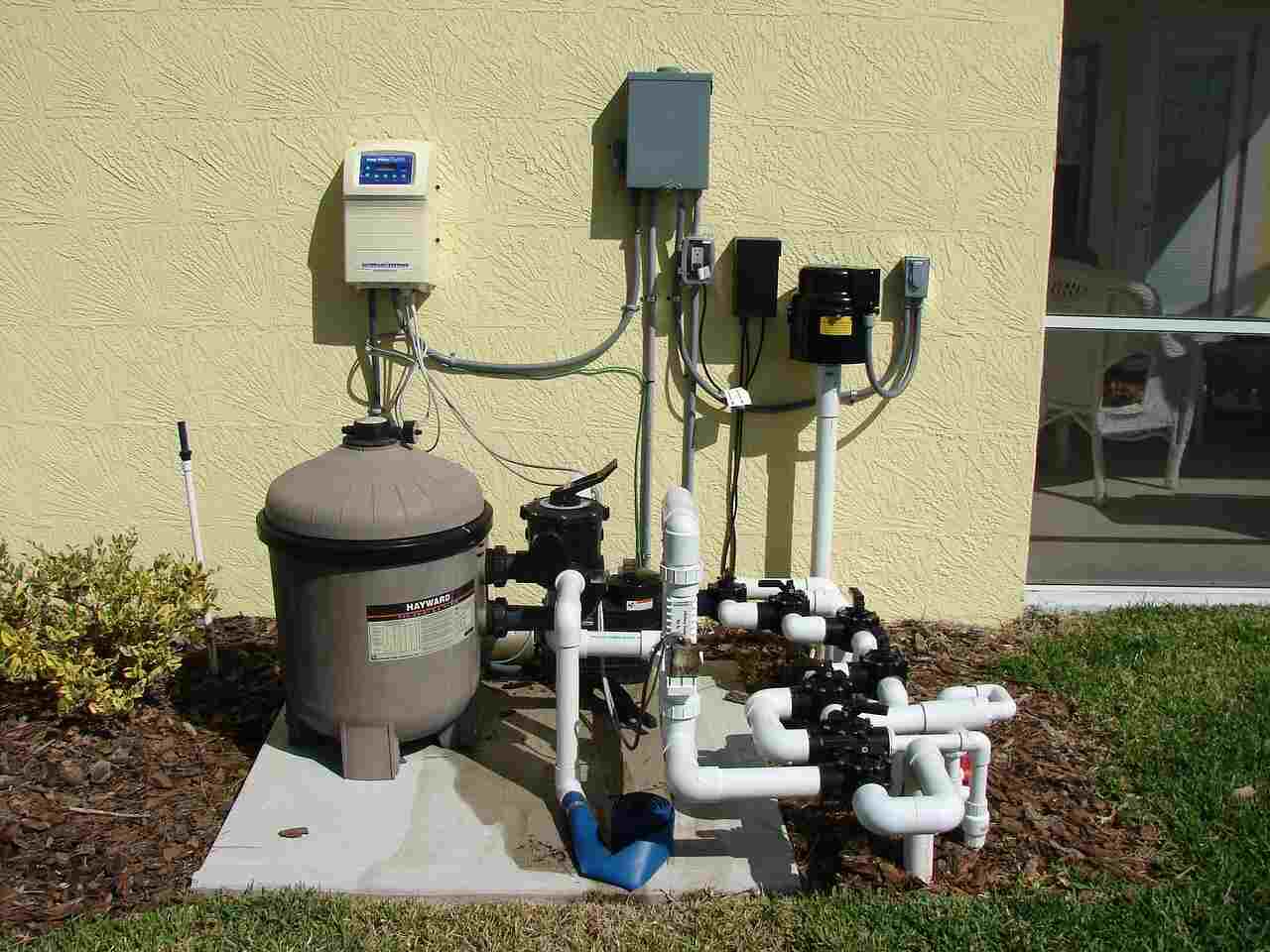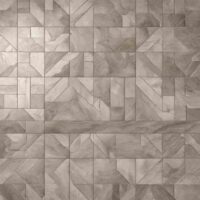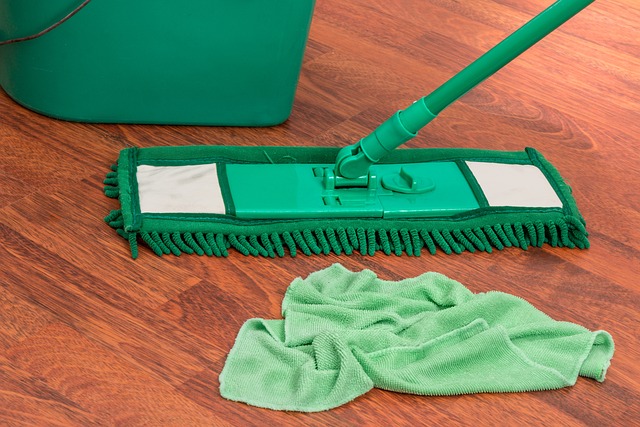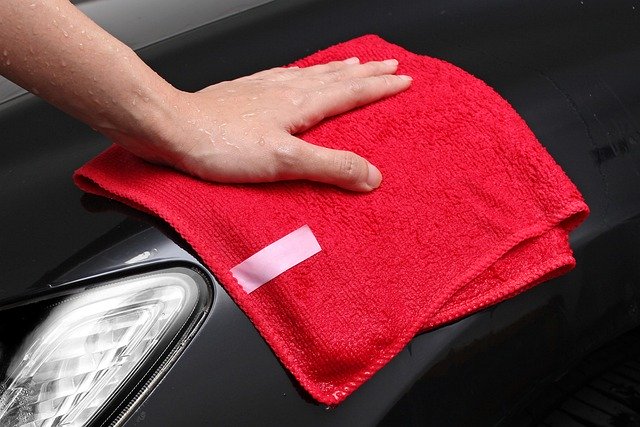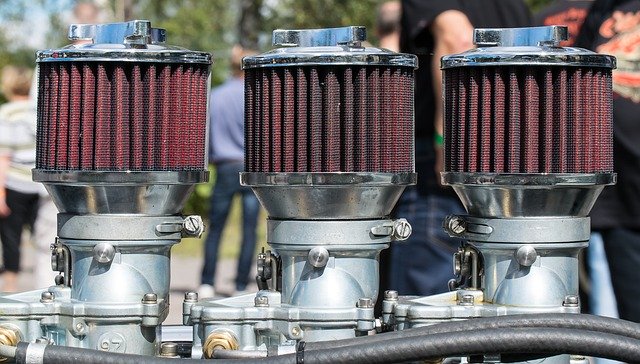Your kitchen is the heart of your home, where you whip up delicious meals, share stories, and create lasting memories. It’s also where cooking often leads to the production of heat, smoke, and various airborne particles. That’s where your range hood comes into play. This essential kitchen appliance, fitted with filters, is designed to extract unwanted fumes, grease, and odors, keeping your kitchen environment clean and comfortable. But here’s the catch: to ensure your range hood functions optimally and maintains healthy indoor air quality, you need to pay attention to one often-overlooked component – the filters.
In this comprehensive guide, we will explore the critical importance of cleaning your home’s range hood filters. From understanding the role of these filters and their impact on your kitchen to step-by-step cleaning methods and maintenance routines, we’ve got you covered. By the end of this article, you’ll be equipped with the knowledge and motivation to keep your range hood filters in excellent condition, ensuring a healthier and more enjoyable cooking experience.
The Role of Range Hood Filters
Before delving into the importance of cleaning your range hood filters, it’s crucial to understand their role in your kitchen. Range hood filters serve as the first line of defense against a multitude of airborne particles produced during cooking, including:
1. Grease and Oil
When you sauté, fry, or cook with oil, tiny droplets of grease are released into the air. These airborne particles can settle on surfaces and create an unsightly mess if not captured by the filters.
2. Smoke and Odors
Range hoods extract smoke and odors, preventing them from permeating your kitchen and other areas of your home. This is particularly crucial in homes with open floor plans, where cooking smells can quickly spread.
3. Airborne Particles
Whether it’s steam, tiny food particles, or even allergens, range hood filters are designed to capture a wide range of airborne contaminants, contributing to improved indoor air quality.
Now that we’ve established the crucial role of range hood filters, let’s dive into the reasons why cleaning them is of paramount importance.
The Importance of Cleaning Your Range Hood Filters
1. Maintaining Optimal Airflow
One of the primary functions of a range hood is to ensure that your kitchen remains well-ventilated. It extracts unwanted heat, smoke, and airborne particles, creating a comfortable environment for cooking. However, when the filters become clogged with grease and grime, their ability to capture these elements diminishes. This reduction in airflow can result in a hot and stuffy kitchen, as well as odors lingering longer than desired. Cleaning your range hood filters is the key to maintaining optimal airflow, ensuring that your kitchen remains a comfortable place for culinary creations.
2. Fire Hazard Prevention
Grease buildup on range hood filters isn’t merely a cosmetic concern; it can pose a significant fire hazard. Grease is highly flammable, and if it accumulates on the filters, it becomes a ticking time bomb. In the event of a stovetop fire, the accumulated grease on the filters could ignite, escalating the situation and potentially leading to a dangerous kitchen fire. Regular cleaning of the filters significantly reduces the risk of such incidents, making your kitchen a safer place for you and your loved ones.
3. Extending the Lifespan of Your Range Hood
Your range hood is a valuable kitchen appliance, and like any appliance, it requires care and maintenance to ensure a long and healthy life. Neglecting the filters can lead to the accumulation of grime and grease not only on the filters themselves but also within the internal components of the range hood. Over time, this can result in the deterioration of the appliance, potentially leading to costly repairs or the need for a replacement. By keeping the filters clean, you extend the life of your range hood and save money in the long run.
4. Improved Indoor Air Quality
One of the most significant benefits of range hood filters is their role in improving indoor air quality. They effectively capture a wide range of airborne contaminants, including cooking odors, smoke, and potential allergens, ensuring that the air in your kitchen remains cleaner and healthier. This is particularly important in homes with open floor plans, where cooking smells can quickly spread to other living spaces. Clean filters ensure that your kitchen environment is not only comfortable but also safe for you and your family.
5. Energy Efficiency
A range hood with clogged filters has to work harder to achieve the same results. This extra effort leads to increased energy consumption and higher utility bills. By regularly cleaning the filters, you ensure that your range hood operates efficiently, saving both energy and money. It’s a small but impactful step toward a more energy-efficient home.
6. Aesthetic Appeal
In addition to the functional aspects, clean range hood filters contribute to the aesthetic appeal of your kitchen. A greasy, grimy range hood with dirty filters can detract from the overall appearance of your culinary haven. When the filters are clean and free from buildup, your kitchen looks more inviting and visually appealing. The small effort of cleaning your filters can go a long way in making your kitchen an appealing and enjoyable space.
7. Preservation of Indoor Surfaces
The range hood filters play a significant role in preventing the settling of airborne particles, particularly grease, on your kitchen surfaces. When filters are clogged and cannot effectively capture these particles, they can accumulate on countertops, appliances, and other kitchen surfaces. This buildup not only creates a greasy mess but also makes cleaning other areas of your kitchen more challenging. Clean filters reduce the need for extensive cleaning elsewhere in your kitchen.
8. Health Benefits
Clean range hood filters aren’t just about the aesthetics or functionality of your kitchen; they can also have a positive impact on your health. Cooking produces a variety of airborne particles, including potentially allergenic substances. With clean filters, these particles are effectively removed from the air, reducing the risk of respiratory issues or allergies. Clean air in your kitchen contributes to a healthier cooking environment.
9. Compliance with Safety Standards
Many local and national safety standards and building codes require the regular maintenance and cleaning of range hood filters in commercial kitchens. While these standards may not be as rigorously enforced in residential settings, complying with them is still important for your safety and peace of mind. Following best practices and guidelines for filter maintenance ensures that you are taking the right steps to protect your home and family.
10. Peace of Mind
Last but not least, cleaning your range hood filters provides peace of mind. Knowing that your kitchen is a safe, clean, and comfortable space for cooking can relieve stress and make your culinary adventures more enjoyable. You can cook with confidence, knowing that you’ve taken the necessary steps to maintain a well-functioning kitchen environment.
How to Clean Your Range Hood Filters – Step by Step
Now that you understand the critical importance of cleaning your range hood filters, let’s explore the process of doing it effectively.
Preparing for Cleaning
- Safety First: Ensure the range hood is turned off and unplugged to prevent accidents.
- Gather Supplies: You’ll need hot, soapy water, a degreaser, a scrubbing brush, and a microfiber cloth.
Removing the Filters
- Access the Filters: Depending on your range hood model, you’ll need to locate and remove the filters. This typically involves releasing latches or unscrewing them.
- Label and Document: If your range hood has multiple filters, label them to ensure they are replaced in the correct order. Document the process if necessary.
Soaking the Filters
- Submerge in Hot, Soapy Water: Place the filters in a container filled with hot, soapy water. Allow them to soak for at least 10-15 minutes.
- Scrubbing: After soaking, use a scrubbing brush to gently scrub away the grease and grime. Pay extra attention to areas with heavy buildup.
Degreasing
- Apply Degreaser: Use a degreaser or a mixture of equal parts water and vinegar to treat any stubborn grease spots. Let it sit for a few minutes.
- Rinse: Rinse the filters thoroughly to remove all traces of the degreaser.
Drying and Reinstalling
- Air Dry: Let the filters air dry completely before reinstalling them.
- Reinstall: Place the clean, dry filters back into your range hood, following the labeled order if applicable.
Regular Maintenance
- Set a Cleaning Schedule: To ensure your filters remain clean and functional, establish a regular cleaning schedule. The frequency will depend on your cooking habits, but a good rule of thumb is every 1-3 months.
- Inspect Regularly: Between cleanings, inspect your filters for any signs of grease buildup or damage. The earlier you catch issues, the easier they are to address.
Conclusion
Your range hood filters are unsung heroes in your kitchen, working tirelessly to maintain a healthy and pleasant cooking environment. Yet, they often go unnoticed and neglected. By understanding the importance of cleaning your range hood filters, you not only ensure the optimal performance of your range hood but also promote safety, energy efficiency, and a cleaner, more enjoyable kitchen.
Take the time to clean your range hood filters regularly, and you’ll reap the rewards of improved indoor air quality, lower energy bills, and a kitchen that remains both aesthetically pleasing and safe. Your cooking experience will be elevated, and your kitchen will truly become the heart of your home, where memories are made, and delicious meals are created in a clean and welcoming environment. Don’t overlook this crucial aspect of kitchen maintenance – your range hood filters deserve your attention and care.





